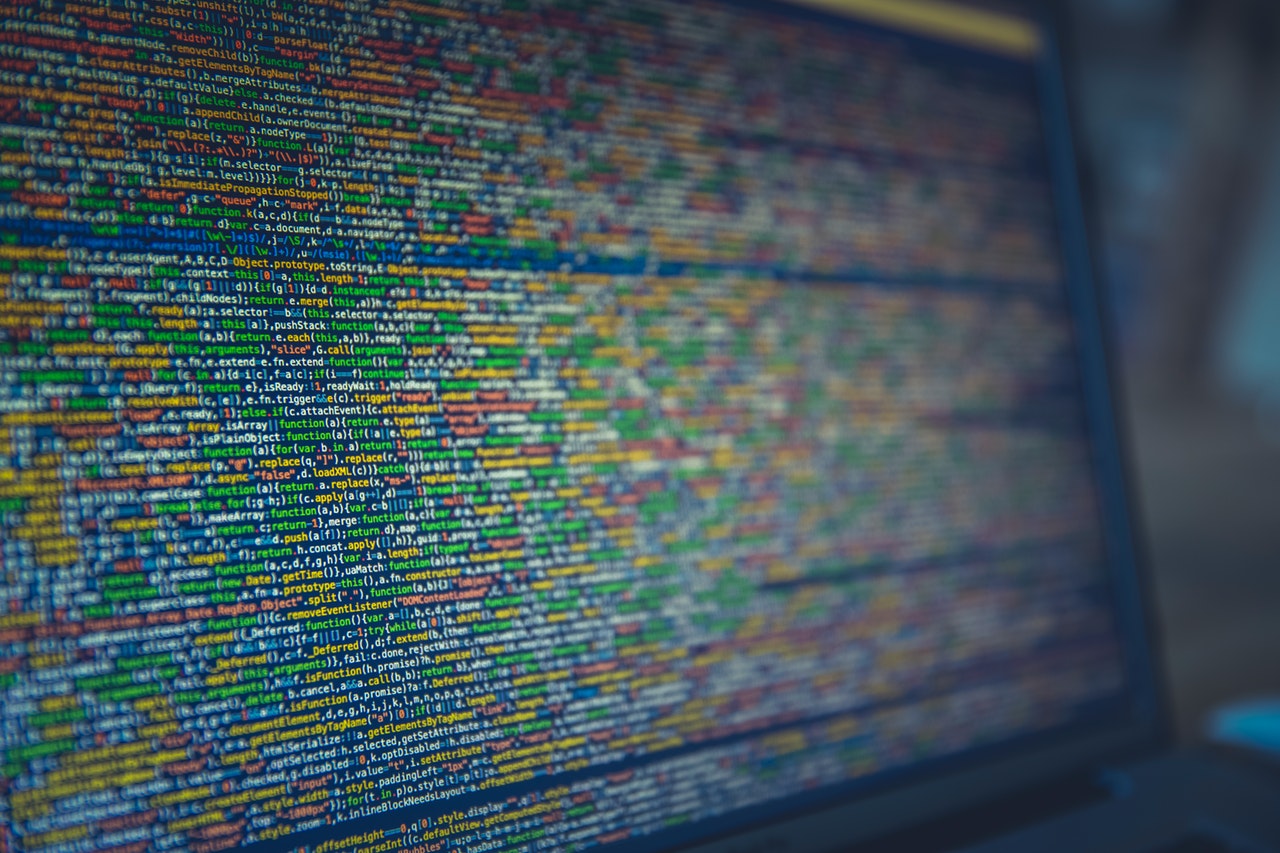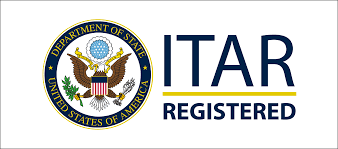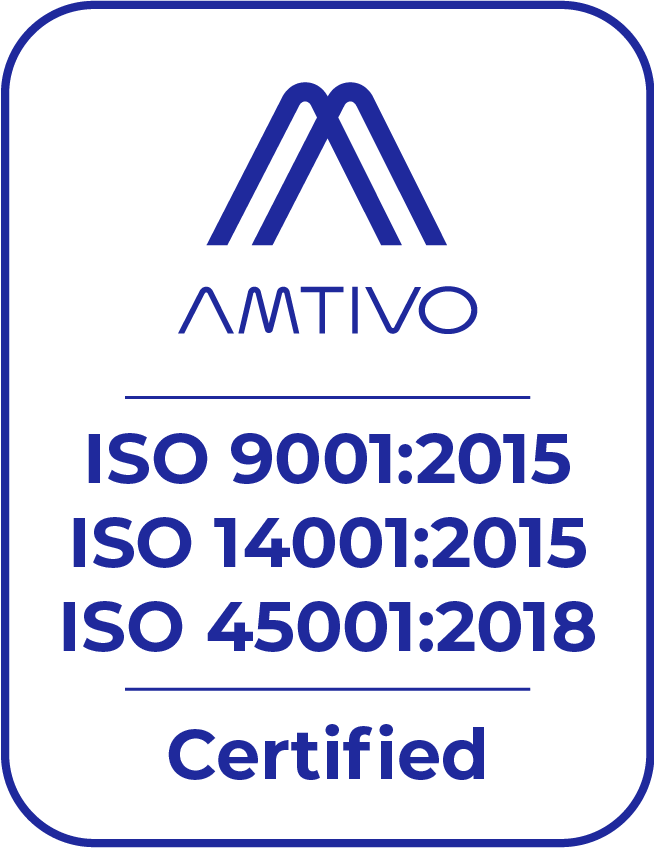
As a company that lives and breathes high-volume data destruction, secure data erasure, and drive testing, let us tell you one thing: If you think your organization can handle these complex and crucial tasks on your own, think again.
The removal of all traces of residual data requires an expert partner with certified and proven expertise.
Here’s what else you should know:
The risk is too great
Failing to properly erase data from your retired IT assets can have serious consequences. If sensitive and confidential company information remains, it could result in an operational and financial nightmare for your business. Federal and civil lawsuits, heavy fines, and a damaged public reputation can have a devastating impact on your organization’s bottom line.
For secure data erasure, one size doesn’t fit all
Data erasure services vary as much as the companies that need them. Your partner should offer solutions tailored to your organization’s unique situation. At Mainstream, you can determine which path best corresponds with your expectations and demands:
Do you prefer to have us come to you or a client?
Our high-volume processing equipment meets all international standards (Read more about the importance of NIST and Department of Defense 5220.22-M below) and can be deployed to handle your secure data erasure needs at your own site. This flexible approach also allows our trained technicians to perform the turnkey data erasure services at the site of a client, if you so wish.
Do you want to be in control?
Mainstream offers training and supervision to let you closely manage the secure data erasure onsite. This option gives you a higher level of control as you set the terms and the schedule.
Would you like us to take the equipment off your hands?
With state-of-the-art processing centers located in both North and South America, we can meet your needs wherever you happen to be. When you select to have the secure data erasure take place at one of our facilities, we can process larger volumes of drives. Well-documented measures securely manage every step of the process, such as limited lab access, 24/7 security cameras, environmental controls, and separate security systems for all areas processing sensitive data.
What happens to hard disk drives that fail the process?
They are physically destroyed onsite, placed in a locked container, and securely transported to our R2-certified downstream partners. For your corporate documentation, we provide certificates of data erasure for drives processed in our labs and certificates of destruction for failed drives.
International standards matter
Standardized procedures matter because consistency in methods and outcomes is critical in secure data erasure. International standards such as the Department of Defense 5220.22-M and NIST 800-88 — the highest data erasure standard in the United States — establish consistent procedures to optimize security and provide stringent guidelines to ensure that all trace data is removed. Erasing a hard drive using the DD 5220.22M data sanitization method puts an effective stop to all software- and hardware-based file recovery methods.
Finally, peace of mind
To sum up: The right partner guarantees a fool-proof data erasure process that brings you and your company peace of mind.
Secure data erasure is an undertaking that businesses should not tackle on their own. An expert data wipe solutions team makes sure your company’s confidential data stays that way.
Mainstream Global, Inc., headquartered in Lawrence, Massachusetts, owns and operates processing centers in Colombia, Peru, Chile, Argentina and Brazil. With over 18 years of directly servicing and re-selling assets from top tier manufacturers, Mainstream Global is the recognized expert in the region. Our partners rely on us for compliance, security, professionalism and brand protection all while providing the best returns and prioritizing global environmental standards.
Read More:
Landfills Can Do Without Obsolete Equipment: What to Do Instead
4 Requirements to Successfully Capitalize on Secondary IT Markets in Latin America
To Turn Excess Inventory into a Revenue Stream, You Need a Remarketing Partner: What to Look For





